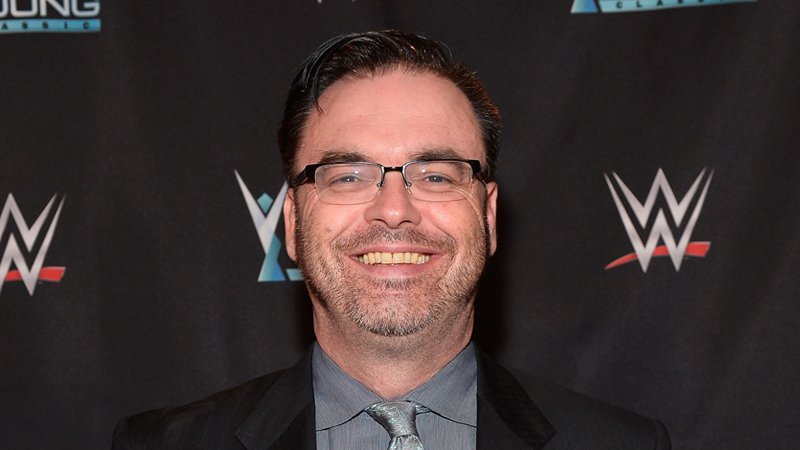Mauro Ranallo recently spoke with Brett Okamato for ESPN.com; you can read a few highlights below:
Mauro Ranallo on his upcoming documentary:
“This is who I am, and people are still paying me good money for my talents. So there is going to be someone out there who watches this and says, ‘Wow, I didn’t know.’ They’re going to have a wife dealing with it, or a brother. They’re going to be a banker, a doctor or a military vet. Every walk of life. And they’re going to say, ‘Maybe if he has a chance to handle it, then I have a chance to handle it.’
“This is not a vanity project about Mauro Ranallo. This is a human being who is trying to cure a stigma that is so f—ing unnecessary and is literally killing hundreds of thousands of people. Those people, who are losing their battle, are what really drives me. We need to start communicating.”
Ranallo comments on coping with the struggles of despression, and how it affects his career:
“Sometimes, I take an account of things I’ve done even just within the last year. I called John Cena and A.J. Styles in Royal Rumble 2017. Anthony Joshua versus Wladimir Klitschko in April 2017, one of the greatest heavyweight title fights in modern boxing history. [Floyd] Mayweather versus [Conor] McGregor.
“And instead of going, ‘Holy s—, that’s incredible,’ for me, it’s like, ‘What’s next?’ It’s weird, I always feel like my career is about to end. Like someone is coming to get me. I don’t know. I guess I need to find a better balance, but without my work, I don’t think I would be alive. If I don’t work, I don’t live.
“There’s a constant struggle between my ears about who I am and what I mean to the world. And that’s another reason I’m doing this documentary, because I can honestly say I don’t know how much longer I will even be here. So I want to help people before maybe I’m gone.”
Ranallo says people need to talk more, how that can go a long way:
“There are so many people who are going to lose the battle, and all we have to do is do what you and I are doing right now. Let’s just talk to each other a little more. We talk about the weather ad nauseam. We analyze fights ad nauseam. Ask people, ‘How are you?’ and really mean it. That’s all. Maybe a few moments of concern is all they need, and then you go on with your life. Imagine.”






